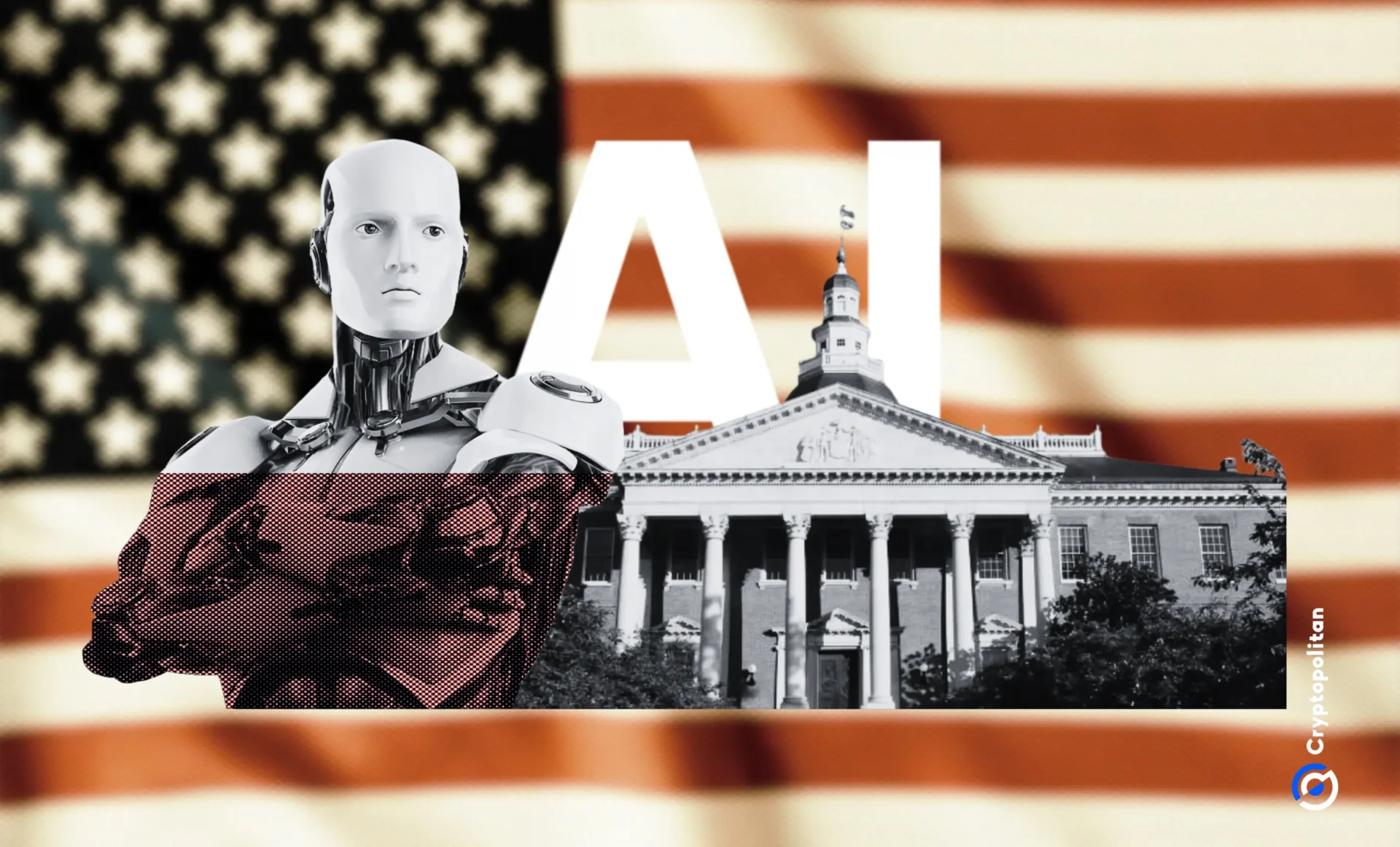Artificial intelligence (AI) and emerging technologies have ushered in a new era, bringing unprecedented opportunities and challenges. In today’s rapidly evolving digital landscape, addressing these multifaceted challenges necessitates a collaborative effort spanning various sectors and calls for policy reforms while emphasizing global cooperation.
The rapid advancement of technologies, particularly artificial intelligence, has introduced transformative possibilities alongside a range of concerns. While AI holds the potential to revolutionize industries and enhance our daily lives, it also raises pressing issues related to data privacy, misinformation, and cybersecurity.
The crucial information environment framework
Experts have proposed adopting the “information environment” framework to address these multifaceted challenges. This framework comprises three essential components:
Content: At the heart of the digital landscape lies the information itself. With the proliferation of AI-generated content, verifying its authenticity and source has become increasingly intricate. Initiatives such as the Content Authenticity Initiative and Coalition for Content Provenance and Authenticity are dedicated to establishing standards for content verification.
Infrastructure: The platforms and systems responsible for generating, disseminating, and utilizing digital content play a pivotal role. Ensuring the reliability of these platforms is vital in the fight against misinformation and the preservation of data privacy.
Cognitive resilience: In an era marked by an overload of information, the ability of individuals to engage with information critically and discern reliable sources from dubious ones is of paramount importance. Bolstering cognitive resilience is a key strategy in combatting the dissemination of misinformation.
An example of noteworthy technological innovation in this domain is Google DeepMind’s SynthID—an experimental AI watermarking tool. By embedding invisible patterns into digital content, SynthID facilitates the detection of AI-generated content, safeguarding against potential misuse and copyright violations.
Enhancing regulation of social media platforms
The susceptibility of the digital landscape to misinformation and external interference has sparked conversations about the need for improved regulation of social media platforms. The proposed Combatting Misinformation and Disinformation Bill 2023 addresses certain shortcomings in platform processes. However, it is worth noting that achieving a balance between content moderation and concerns related to censorship remains challenging.
Australia has set an ambitious national goal of becoming the world’s most cyber-secure nation by 2030. A series of initiatives and regulatory efforts are underway to achieve this aspiration. These include the Australian Competition and Consumer Commission’s digital platform services inquiry, the eSafety office’s endeavors to mitigate online harms, collaborations between the Australian Cyber Security Centre and industry stakeholders, and efforts by the Cyber and Infrastructure Security Centre involving owners and operators.
While global AI summits, policy blueprints, and forums dedicated to setting standards are essential, realizing comprehensive policy reforms necessitates the active participation of thought leaders in AI, privacy, online safety, and cybersecurity. Collaborative efforts across various sectors, including industry, think tanks, government bodies, academia, and human rights researchers, are paramount.
Effectively addressing complex policy changes while aligning them with the expectations and perspectives of the Australian populace presents a significant challenge. It may require substantial reforms to respond to the evolving AI landscape adequately. Connecting these reforms with a coherent narrative that resonates with societal expectations remains paramount.





